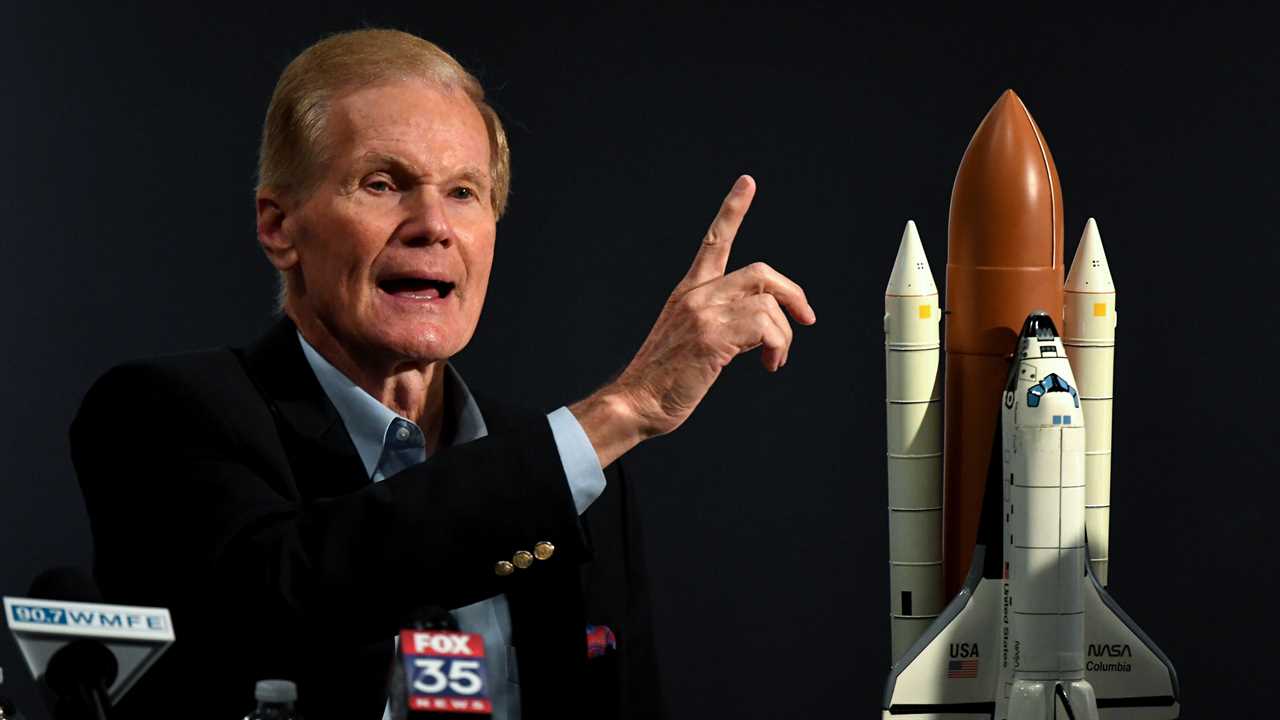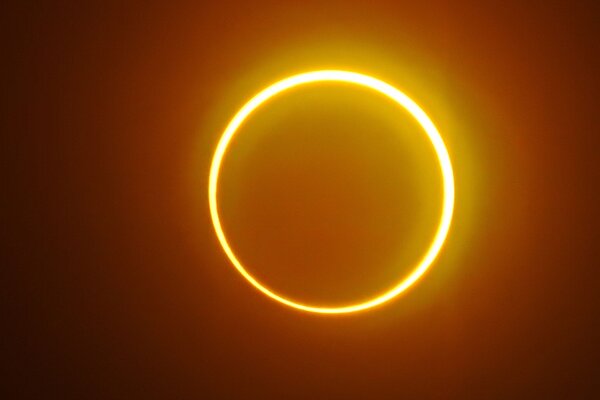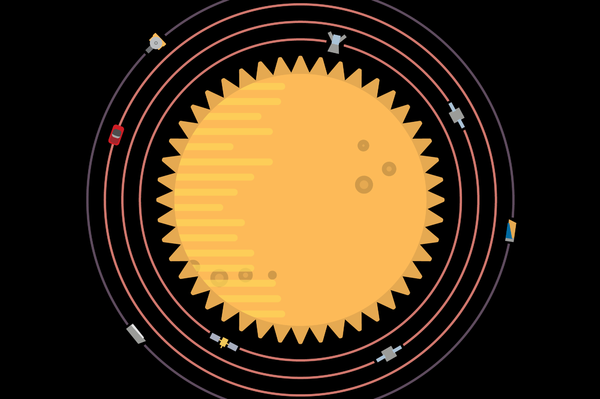
President Biden on Friday nominated Bill Nelson, a former senator from Florida, to head NASA.
A statement from the White House announcing the nomination said of Mr. Nelson, “In the Senate he was known as the go-to senator for our nation’s space program.”
The selection raised concerns that the Biden administration may restore a more traditional space program that relies on large, legacy aerospace companies such as Boeing and Lockheed Martin, rather than more nimble newcomers like SpaceX.
Many people in the field had also hoped that Mr. Biden would nominate the first woman to serve as administrator.
“Given how many qualified and talented women were rumored to be in consideration, he’s putting great trust in his former Senate colleague,” said Lori Garver, a former deputy administrator of NASA during the Obama administration.
Mr. Nelson, who lost his bid for re-election to a fourth term in 2018, was a one-time astronaut and longtime supporter of NASA in the Senate. He was also a chief architect of the 2010 law that directed NASA to develop a heavy-lift rocket known as the Space Launch System. Although the rocket had a successful engine test on Thursday, it is years behind schedule and billions of dollars over budget.
That has created challenges to the agency’s ability to reach destinations in deep space in the years ahead. Some wonder if Mr. Nelson, as an ardent supporter of the Space Launch System, would be willing to change course if less expensive commercial alternatives like SpaceX’s Starship, currently under development, become available.
“It will be harder for Nelson to move off of S.L.S. than it would probably be somebody else,” Ms. Garver said. “Because he’d have to acknowledge what he did was not in the best interest of agency.”
Mr. Nelson was initially skeptical of NASA’s plans to turn to commercial companies to take NASA astronauts to and from the International Space Station, but that same 2010 law allowed NASA to do that. Under that program, called commercial crew, SpaceX last year launched its first two astronaut missions for NASA.
President Biden has shown an interest in space, putting a moon rock collected by astronauts on the last Apollo mission in 1972 on display in the Oval Office in the White House and chatting with scientists and engineers running the Perseverance robotic rover, which landed on Mars last month.
He told them, “You did it the most American way: You believed in science, you believed in hard work, and you believed there wasn’t a darn thing you couldn’t do if you put your minds together.”
Jen Psaki, the White House press secretary, has said the administration supported NASA’s current Artemis program, which is to send astronauts back to the moon, but the administration has not laid out broader space policy goals or how it might change the Artemis plans. Former President Donald J. Trump had set a goal of the first astronauts arriving by the end of 2024, but that was widely regarded as unrealistic even if Mr. Trump had been re-elected.
Ms. Garver said that perhaps Mr. Nelson’s selection could mean personal interest in space exploration by Mr. Biden. The familiarity Mr. Biden has with Mr. Nelson from their years as Senate colleagues could mean “he’ll increase NASA’s budget,” she said.
As a congressman, Mr. Nelson flew on a space shuttle mission in 1986. As chairman of the committee in the House of Representatives that oversaw NASA, he said that experience helped provide insight into the agency. Critics regarded it as an outer space junket at taxpayer expense.
When rumors spread in February that Mr. Nelson would be nominated, Simon Porter, a planetary scientist at the Southwest Research Institute in Boulder, Colo., posted a harsh reaction on Twitter, calling Mr. Nelson an “incredibly dumb” choice for NASA administrator.
Marco Rubio, the Republican senator from Florida who served with Mr. Nelson from 2011 to 2018, offered support.
If Mr. Nelson is confirmed by the Senate, he would be the second former member of Congress in a row to lead NASA. The position has typically been filled by people with engineering or civil servant backgrounds and not former elected officials.
In a shift from that custom, Mr. Trump nominated Jim Bridenstine, a congressman from Oklahoma who had previously run a small space museum in Tulsa. Mr. Bridenstine was barely confirmed in April 2018, more than seven months after his nomination was put forth. All 47 Democrats and two independents in the Senate voted against him.
Opponents cited Mr. Bridenstine’s disparaging remarks about climate change science, an area of research that NASA plays a key role in, and worries that he would inject partisanship into an agency that generally has been supported by both Republicans and Democrats.
Leading that opposition was Mr. Nelson.
“I think what’s not right for NASA,” he said during a speech on the Senate floor, “is an administrator who is politically divisive and who is not prepared to be the last in line to make that fateful decision on ‘go’ or ‘no go’ for launch.”
Mr. Bridenstine also did not have experience running a sprawling bureaucracy like NASA. Neither does Mr. Nelson, who spent much of his career in Congress.
During his confirmation hearing, Mr. Bridenstine said his views on climate change had “evolved” — and he generally received high marks for his running of the agency and the stewardship of its climate research.
In 2019, Mr. Bridenstine appointed Mr. Nelson to the NASA Advisory Council, a group of people outside NASA who offer feedback to the agency.
Mr. Bridenstine largely steered clear of the partisan messages Mr. Trump delivered whenever he spoke about NASA, and some space advocates hoped he would continue as administrator under President Biden. But Mr. Bridenstine stepped down on Jan. 20 when Mr. Biden was inaugurated.
A longtime NASA official, Steve Jurczyk, is currently serving as acting administrator.
While Mr. Bridenstine was the youngest to serve as NASA administrator — he often highlighted that he was the first to be born after the end of the Apollo program — Mr. Nelson would be the oldest, at 78.

Sync your calendar with the solar system
Never miss an eclipse, a meteor shower, a rocket launch or any other astronomical and space event that's out of this world.

Exploring the Solar System
A guide to the spacecraft beyond Earth’s orbit.
Did you miss our previous article...
https://trendinginthenews.com/usa-politics/access-influence-and-pardons-how-a-set-of-allies-shaped-trumps-choices






